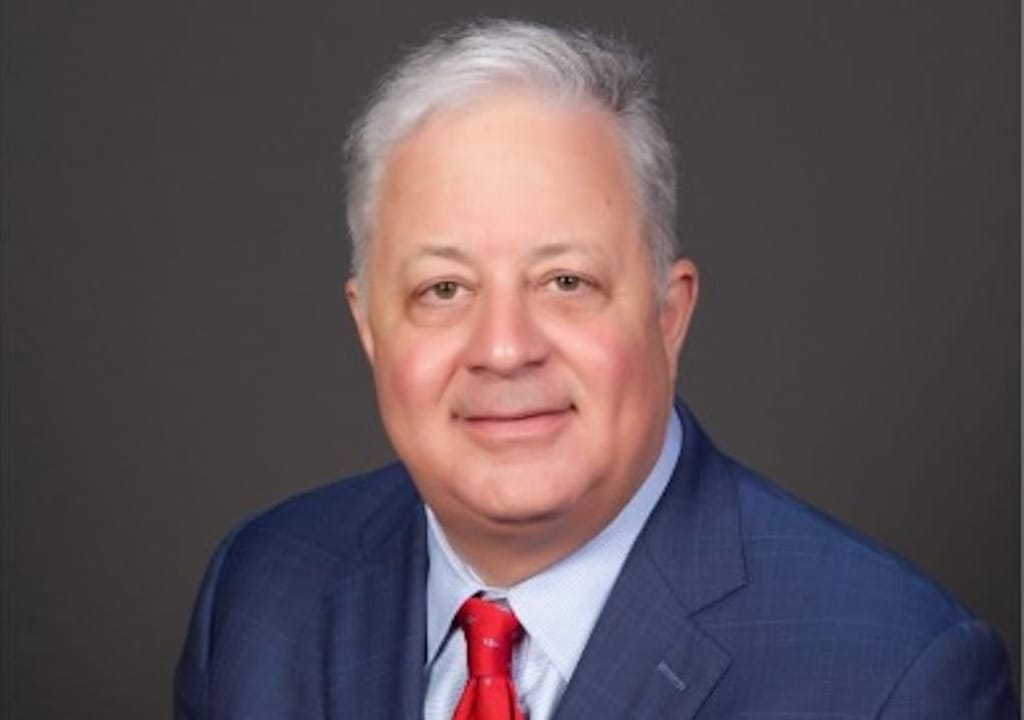
Louisiana
It’s “unclear whether all RDOF providers will meet the service milestones set by the FCC,” the state’s legislative auditor wrote.

 Photo of Michael Waguespack, Louisiana Legislative Auditor, from LinkedIn
Photo of Michael Waguespack, Louisiana Legislative Auditor, from LinkedIn
WASHINGTON, June 20, 2024 – Louisiana’s legislative auditor wants the state’s public service commission to take a more active role in monitoring Internet provider compliance with a Federal Communications Commission broadband subsidy program.
“Based on their updates, it is unclear whether all [Rural Digital Opportunity Fund] providers will meet the service milestones set by the FCC,” Legislative Auditor Michael Maguespack wrote in a May report. “As of December 2023, three of the 12 providers were still in planning, and approximately 14,500 (9.9 percent) of the 146,203 RDOF-funded locations have broadband access.”
The FCC’s RDOF has been mired in defaults and rising project costs since its reverse auction completed in 2020. Nearly a third of the $9.2 billion has since been defaulted on, as winning bidders failed to convince FCC staff that they could deliver on their commitments and successful applicants continue to hand back project areas.
In Louisiana, more than 146,000 homes and businesses are still slated to receive high-speed internet by the end of 2028 with RDOF funding. Participants must serve 40 percent of their committed locations within three years of being authorized by the FCC – either the end of 2024 or 2025 for Louisiana providers – but the state’s legislative auditor found progress has been slow.
A separate broadband expansion program, run by the state’s broadband office, is faring better. Nearly 20 percent of the 66,000 locations set to be served by the program had broadband as of March, the audit found, with most remaining projects under construction.
The uncertainty is more urgent with the Biden administration’s $42.5-billion broadband expansion program, known as BEAD, getting closer to deployment in Louisiana. By BEAD rules, locations designated to receive funds from RDOF are not eligible, and the state is already in the final stages of certifying its eligibility map for BEAD.
“Therefore, locations awarded to RDOF projects that default after the [federal government] approves Louisiana’s map… will not be eligible for the [BEAD] grant program and those rural locations could remain unserved despite the influx of federal funds available to close the state’s digital divide,” Maguespack wrote.
To ensure RDOF projects are seen through, the auditor’s office recommended that the Louisiana Public Service Commission, the state agency that certifies providers’ eligibility to participate in FCC programs, ensure that “RDOF participants are filing status updates before their annual recertifications.” One participant had not submitted several required updates at the time of the audit.
In a response to the report, the LPSC wrote that although its own rules require periodic RDOF status updates, its “jurisdiction over broadband providers is narrow,” and the agency might not be in a position to withhold certification so long as a provider submits the necessary paperwork.
“In other words, the FCC is only seeking state Commission confirmation of the telecommunications/broadband provider’s annual certification affidavit, and not whether the state Commission’s rules are adhered to,” the state commission wrote. “Compliance with the RDOF timelines for buildouts are governed by the FCC and the parameters of the RDOF Orders.”
Despite that, the state agency is “in the process of implementing” measures to ensure RDOF providers’ files require updates before recertification.
Some RDOF winners and consumer advocates have pressed the FCC to allow participants to default with lower financial penalties. It’s an effort to get commitments that might eventually fall through off the books before BEAD maps are finalized, but most states are already in the process of refining those maps ahead of submitting them to the Commerce Department.
Alan Davidson, the head of the Commerce agency tasked with handling BEAD, hinted at a House oversight hearing last month that the FCC might still be expected to find a provider for RDOF areas that default in the future.
“Our expectation, we’ve discussed it with some of our other agencies, is that agencies that have funded a particular deployment should continue to seek to fund deployments for those locations,” he said.
